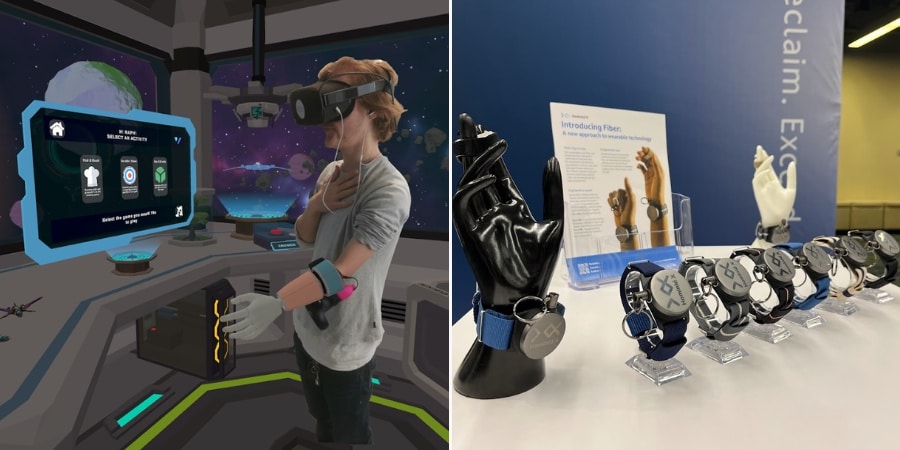
From brain-computer interface (BCI) technology in everyday life – to extended reality (XR) navigation solutions, Remarkable has announced the innovative startups in their 2023 disability tech accelerator.
“Disability Tech continues to show strong growth as a sector, with a number of investment funds specifically focused on investing in this space, despite global headwinds in venture capital more generally. We are incredibly excited to see the 13 companies in this year’s global cohort. They represent the best emerging technologies in this exciting growth field,” said Pete Horsley, Founder of Remarkable.
The accelerator, which is made possible by Cerebral Palsy Alliance (CPA) and Cerebral Palsy Alliance Research Foundation (CPARF), has recently expanded to now run programs in Australia and the United States so that Remarkable can better support startups from across the globe.
This year, startups will be joining the accelerator from Australia, Canada, the United States and the United Kingdom. The demand for Remarkable’s global presence is also representative of the increased popularity of the Global Disabled and Elderly Assistive Tech Markets size, which is estimated to be growing at a compound annual growth rate of 5.8% with a predicted value of USD $66.84 billion by the end of 2030.
Remarkable Head of Programs Filipa Araújo shared, “The expanding Disability Tech market is a testament to the potent convergence of societal need and technological innovation. This aligns not just with financial prospects but also with a deeper mission – driving inclusivity and enhancing quality of life for people with disabilities. Our 2023 global accelerator cohort embodies this vision, with each startup leveraging technology to positively impact people with disability and amplify human potential.”
Remarkable US Director Molly Levitt explained, “We could not be more excited to welcome these companies into our 2023 cohort. All of them are solving some major challenges for people with disabilities and we believe that Remarkable can help ensure that people with disabilities are able to get access to these innovations quickly and affordably.”